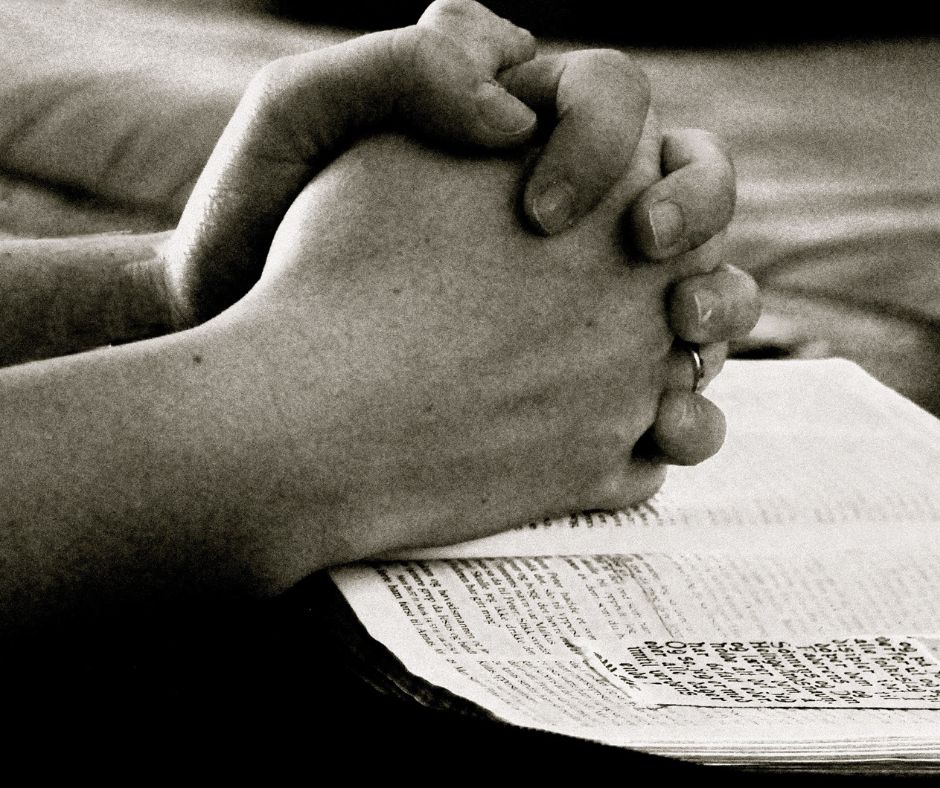Religious Obsessive-Compulsive Disorder (OCD), often referred to as Scrupulosity, is a subtype of OCD characterized by obsessive thoughts and compulsive behaviors related to religious or moral concerns.
Key Features:
- Obsessive Thoughts:
- Intrusive and distressing religious thoughts that go against personal beliefs.
- Fear of committing sacrilegious acts or offenses against one’s faith.
- Compulsive Behaviors:
- Rituals to seek reassurance or forgiveness from a higher power.
- Excessive prayer, confession, or religious rituals performed to alleviate anxiety.
Examples of Religious OCD:
- Blasphemous Thoughts:
- Obsessive fears of uttering blasphemies during religious ceremonies or prayers.
- Compulsive acts of repeating prayers to counteract perceived blasphemy.
- Moral Scrutiny:
- Excessive guilt and anxiety about moral purity.
- Repeated confession of perceived moral wrongs, even when others see no wrongdoing.
- Fear of Divine Punishment:
- Persistent worry about divine retribution for minor transgressions.
- Engaging in rituals to avoid perceived punishment, such as repeating religious acts.
- Religious Checking:
- Repeatedly checking religious texts or symbols to ensure correct adherence.
- Compulsions to seek constant reassurance from religious authorities.
- Intrusive Religious Images:
- Unwanted mental images of sacrilegious acts or religious figures in distress.
- Attempts to suppress or neutralize these intrusive images through compulsive behaviors.
Impact on Daily Life:
- Interference with Worship: Religious OCD can disrupt religious practices, making it challenging to engage in worship without overwhelming anxiety.
- Strain on Relationships: Compulsive behaviors and obsessive thoughts may strain relationships with family, friends, or religious communities.
Treatment:
- Cognitive Behavioral Therapy (CBT): Exposure and response prevention techniques to challenge and change maladaptive thought patterns and behaviors.
- Medication: In some cases, medication, such as selective serotonin reuptake inhibitors (SSRIs), may be prescribed to alleviate symptoms.
Conclusion: Religious OCD is a complex manifestation of OCD that can significantly impact an individual’s religious experience and overall well-being. Understanding and appropriate treatment are crucial for managing its effects on daily life.

Dr. Rameez Shaikh (MBBS, MD, MIPS) is a consultant Psychiatrist, Sexologist & Psychotherapist in Nagpur and works at Mind & Mood Clinic. He believes that science-based treatment, encompassing spiritual, physical, and mental health, will provide you with the long-lasting knowledge and tool to find happiness and wholeness again.
Dr. Rameez Shaikh, a dedicated psychiatrist , is a beacon of compassion and understanding in the realm of mental health. With a genuine passion for helping others, he combines his extensive knowledge and empathetic approach to create a supportive space for his patients.

